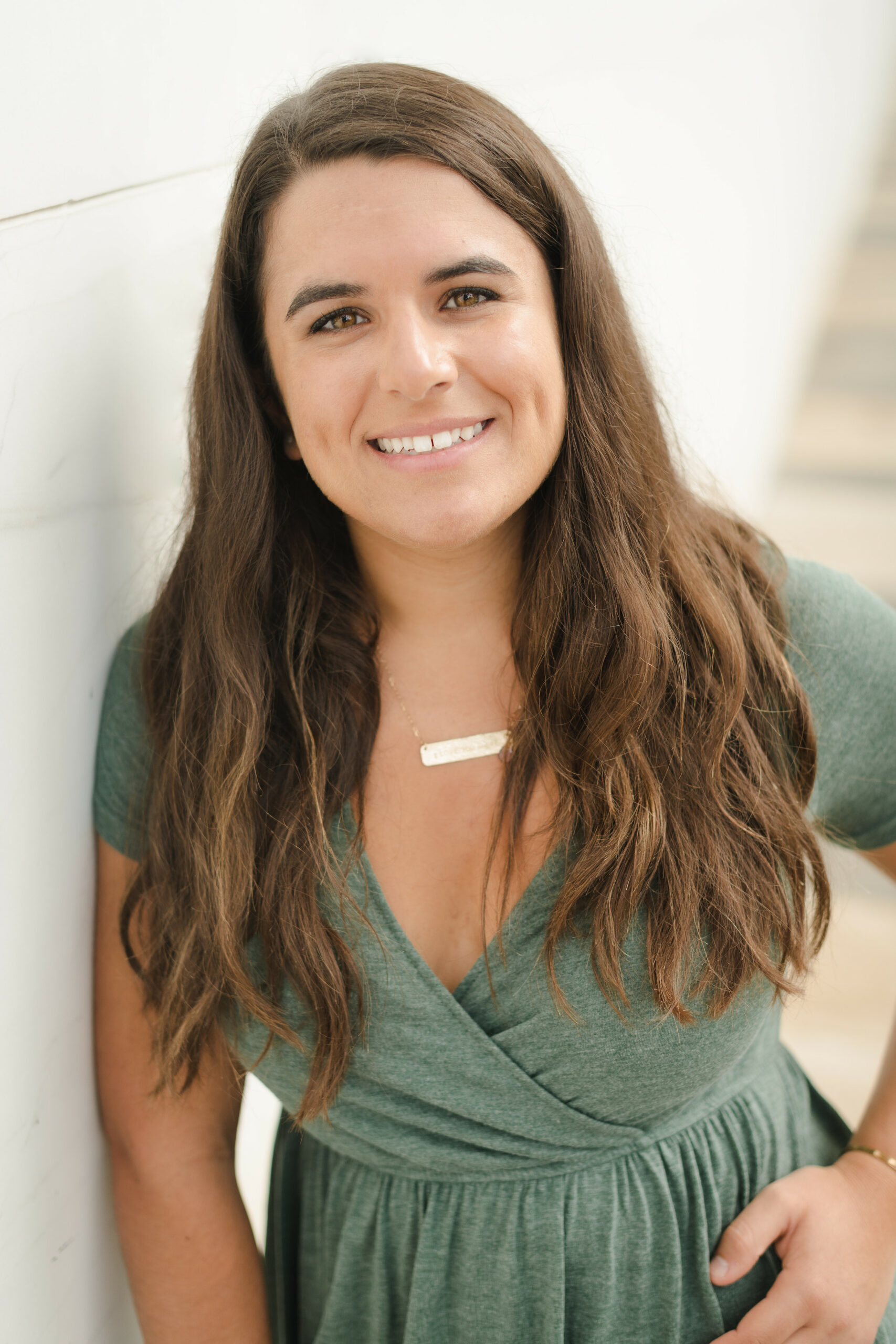As a Health at Every Size (HAES) dietitian, I am often met with lots of questions, as well as assumptions, about what HAES really is, and how it’s put into practice. While HAES is not a new movement, it can seem novel and ground breaking to hear about a weight inclusive approach to health and nutrition in a very weight centric and fatphobic world. In this blog, I hope to clear up some of these myths and assumptions about HAES, and spark some new conversations for clients and clinicians alike. Keep reading to learn about 4 HAES myths and my response to each.
Myth #1: You cannot talk to your HAES provider about wanting to lose weight
Health at Every Size is a weight neutral approach to health. While HAES providers do not prescribe weight loss, this does not mean that you are not allowed to want weight loss. Or that you are not allowed to talk to your HAES provider about weight loss. In fact, respecting body autonomy is really important to us. We understand that diet culture has been a part of your life for a lot longer than HAES has. And we do not judge you. In fact, we want you to bring this up with us. Exploring the way diet culture has impacted you can be really helpful in breaking away from it. We can help you to unpack this desire to lose weight. And we do this with compassion and understanding.
Myth #2: It’s okay to be fat, as long as you’re “healthy”
Health is absolutely NOT a moral obligation. Regardless of your size, age, gender, etc. Period. No questions asked. You do not need to be healthy, or pursuing health, in order to receive basic human respect. Health looks different for everyone. And while HAES providers believe that everyone deserves to have access to resources in order to pursue health if they so choose, they also have a choice not to pursue health. It’s okay to be fat. That’s it. There is no other follow up needed.
Myth #3: HAES encourages people to eat without any regard to nutrition
The Health at Every Size framework aligns with intuitive eating principles. You can read more about the Intuitive Eating principles in our blog here. Intuitive eating encourages individuals to eat in a way that encompasses several factors, including, but not limited to, food cravings, hunger, fullness, food availability, individual nutrition needs, and nutrition science. Not one of these factors is more or less important than the other. Nutrition is considered, it is just not the only, or the first thing, that is considered. People who practice intuitive eating also have a lower risk of developing an eating disorder.
Myth #4: HAES promotes a sedentary lifestyle
HAES providers understand that movement has benefits for an individual’s physical and mental health. And we understand that these benefits are seen even without any changes to one’s weight. Like health, movement is also not a moral obligation. And movement is not necessary to be healthy. So if movement is not something you want to engage in, we support you 100%. Movement is not encouraged or shamed, but is discussed neutrally, and is not done with the intention of weight loss. Your individual movement goals are taken into consideration, and we will explore joyful movement. HAES providers believe that movement should be accessible to everyone, no matter what size their body is. Whether your goal is to be able to carry laundry up and down stairs. Or you want to compete. We can help you achieve those goals, and to realize that you can do so without the need to lose weight.
Final Thoughts About HAES Myths
Thank you for reading this resource on 4 HAES Myths. Health at Every Size, while it might be new to you, has been around for years. It is a weight neutral approach that looks at you as a whole person, with valid lived experiences, and not just a number or a diagnosis. HAES providers very strongly believe in body autonomy. And we are here to not only support you, but to listen to you, value you, and advocate for you. I hope you were able to leave this blog knowing more truths about Health at Every Size.
Contact Us
Courage to Nourish is a group of eating disorder specialized dietitians. We have in person locations in Alexandria, Virginia, Columbia, Maryland and College Park, Maryland. We offer virtual services across the state of Virginia, Washington DC, Pennsylvania, and Colorado. We offer individual nutrition therapy. As well as support groups. We would love to guide you in building a better relationship with food.
Contact us for more information. And to schedule a discovery call. Also, sign up for our client or clinician newsletter!
Take one of our eating disorder quizzes:

Kathryn is a weight-inclusive, anti-diet eating disorder dietitian at Courage to Nourish. She specializes in working with adolescents and families, athletes, and individuals recovering from ARFID. Kathryn sees clients in person at the Columbia, Maryland office and virtually throughout Virginia, Pennsylvania, DC, and Maryland. To schedule a discovery call with Kathryn, click here.

